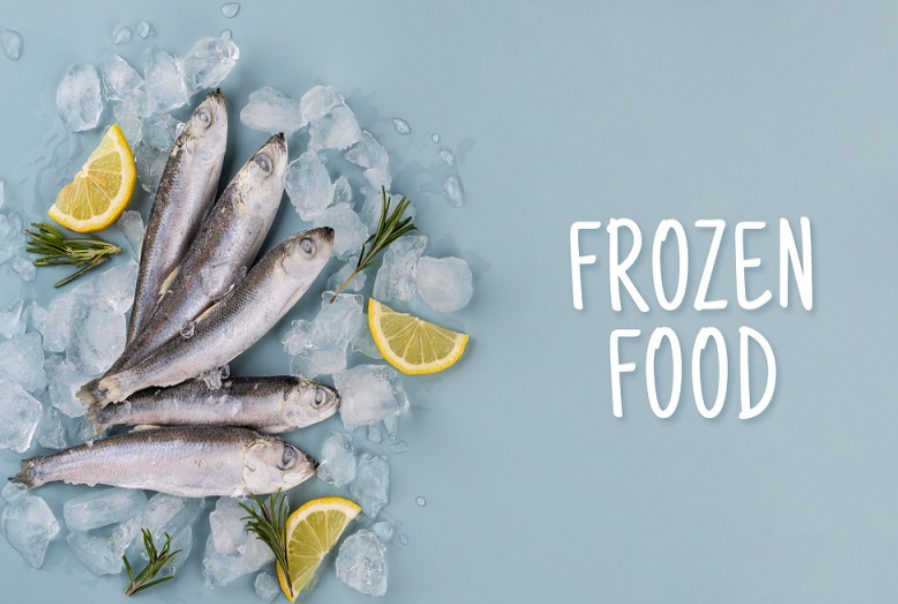
Food freshness is one of the most important considerations when choosing what we consume. For many, freshness is directly related to food that is freshly harvested or purchased at the local market. However, in the modern world, food freezing has revolutionized the way we can access and enjoy a wide variety of produce year-round. In this article, we will explain the Frozen Food Manufacturers process and its impact on freshness, demystifying some common misconceptions about frozen foods.
Freezing: Preserving Freshness
How does the freezing process work?
Freezing is a method of food preservation that involves reducing the temperature of food to very low levels, usually below -18 degrees Celsius. At these extremely cold temperatures, the activity of enzymes and bacteria slows down significantly, which helps preserve the freshness of the food. In addition, freezing also prevents the formation of large ice crystals inside the food, which could damage its texture and quality.
Freshness of Frozen Foods
Can frozen foods be as fresh as fresh foods?
The short answer is yes. When foods are properly frozen, they can retain their freshness, flavor and nutritional value for an extended period of time. Foods are frozen at their peak freshness, which means they retain most of their nutrients and flavor. In addition, freezing gives consumers access to out-of-season or regional produce, which expands the variety of foods available throughout the year.
Are frozen foods less healthy than fresh foods?
Not necessarily. Frozen foods can be just as healthy because they are frozen at their peak of freshness. However, it is important to read labels to avoid products with high levels of sodium, fats or additives.
How long can frozen foods be stored without losing freshness?
The length of storage depends on the type of food and how it has been frozen and stored. In general, frozen foods can be safely kept for several months or even years, but it is advisable to follow recommended storage guidelines.
Does freezing affect the texture of foods?
In some cases, freezing can affect the texture of foods, especially those with high water content, such as fruits and vegetables. However, some methods, such as blanching before freezing, can minimize this effect.
Food freezing is a process that has allowed people to enjoy a wide variety of fresh and nutritious foods throughout the year. When done properly, freezing can preserve the freshness, flavor and nutrients of foods, making it a valuable option for maintaining a healthy and diverse diet. By understanding how freezing works and how to properly select and store frozen foods, you can take full advantage of this modern technology and enjoy freshness that transcends seasons and geographic boundaries.